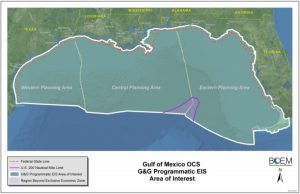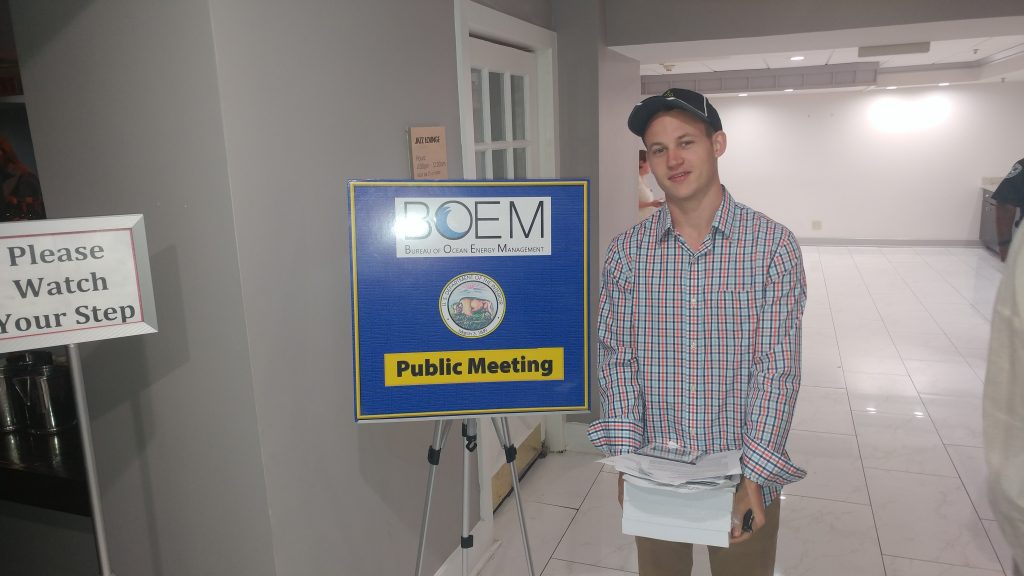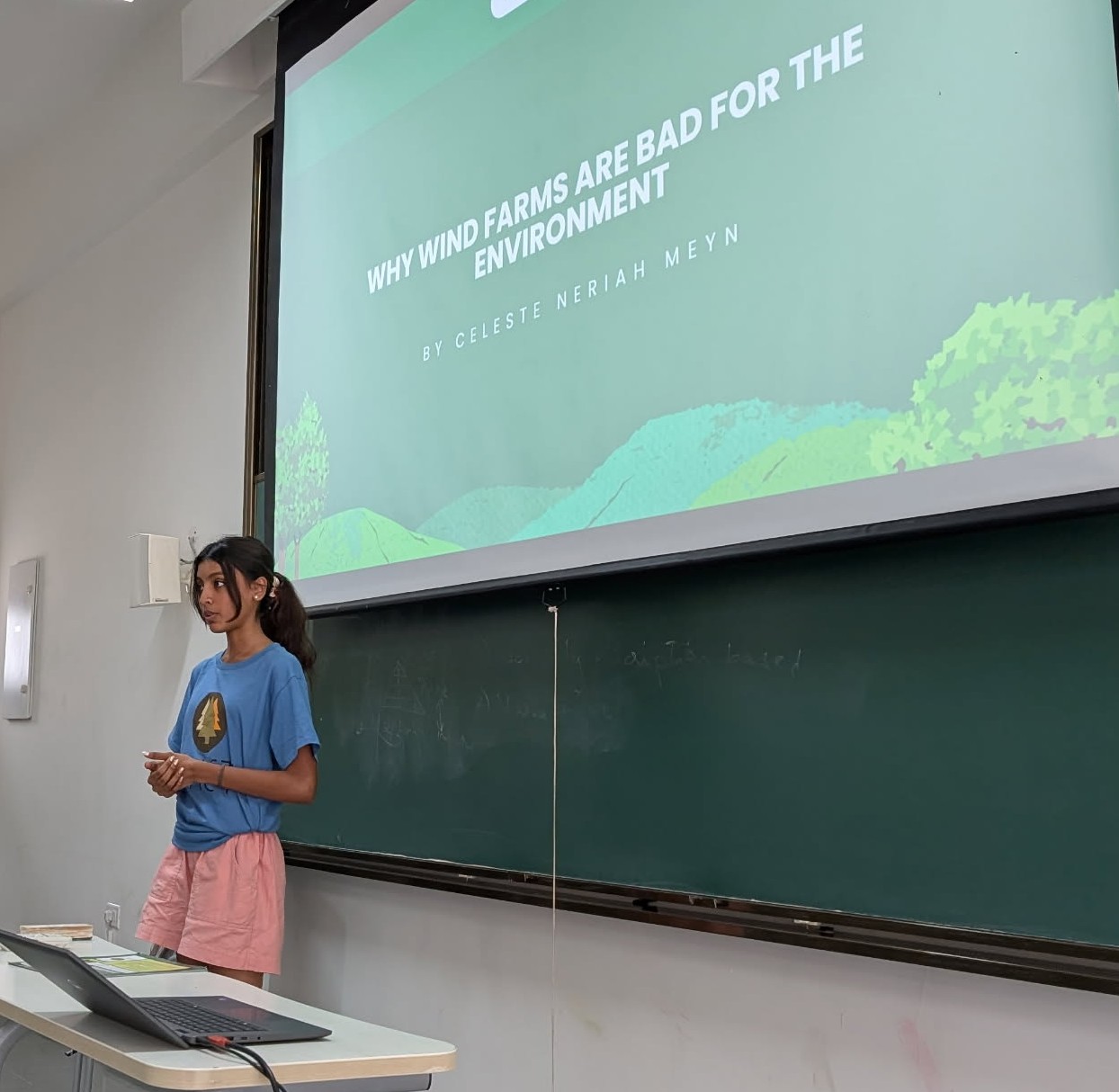That was the message University of Louisiana CFACT student Joe Shamp delivered to the Bureau of Ocean Energy Management (BOEM) at a hearing in New Orleans on regulations over drilling in the Gulf of Mexico.
“At a time when the energy industry is on it’s knees, the BOEM hopes to strangle any growth in the Gulf with it’s attack on seismic testing,” said Shamp. “I am proud to represent CFACT and stand with the good men and women in Louisiana’s energy sector in telling the bureaucracy to back off of our way of life.”
Joe Shamp was joined with other concerned citizens and folks from Energy Nation and Energy Citizens, local advocacy groups supporting drilling. Together a coalition was formed and with a mass of about fifty people they went to challenge the BOEM with force and numbers at a hearing designed to solicit feedback on the potential environmental impact drilling for energy could have in the region.
Here is an excerpt of the testimony that Joe delivered:
“Nearly 8.5 million Americans do not have jobs, and about 40% have given up even looking. Refusing to enact further restrictive regulations for drilling in the Gulf would not only create drilling jobs, it would decrease energy prices, freeing up more money for businesses to hire and for families to make ends meet.
 “In New York and Connecticut, where there are stringent regulations on fossil fuels, fracking, and a higher reliance on renewables, households pay 16 to 17 cents per kilowatt hour; much more than other regions in the United States. Higher utility bills makes it harder for recent college graduates, like I intend to be, to find jobs and make ends meet so that we can move out of our parents’ houses.”
“In New York and Connecticut, where there are stringent regulations on fossil fuels, fracking, and a higher reliance on renewables, households pay 16 to 17 cents per kilowatt hour; much more than other regions in the United States. Higher utility bills makes it harder for recent college graduates, like I intend to be, to find jobs and make ends meet so that we can move out of our parents’ houses.”
The hearing was in regards to newly proposed regulations to seismic testing in the Gulf in regards to the welfare of marine life. This of course was mostly based on speculation and emotional outcry rather than facts. When confront ed with the science by CFACT, Bureau officials were left speechless. This was a great show of unity among concerned citizens and energy advocates alike. The message was sent, and the government will continue to check under its bed for CFACT for years to come.
ed with the science by CFACT, Bureau officials were left speechless. This was a great show of unity among concerned citizens and energy advocates alike. The message was sent, and the government will continue to check under its bed for CFACT for years to come.
The BOEM is a part of the U.S. Department of the Interior. The technical purpose of the hearing was to take comments on the Draft Gulf of Mexico Geological and Geophysical (G&G) Programmatic Environmental Impact Statement (EIS).
According to the BOEM announcement, the EIS “addresses potential environmental impacts of BOEM’s oil and gas, renewable energy, and marine mineral resource programs and focuses particularly on the environmental impacts of off-lease and on-lease geological (bottom sampling and test drilling) and geophysical surveys (deep-penetration, highresolution geophysical, electromagnetic, deep stratigraphic, and remote sensing).”




